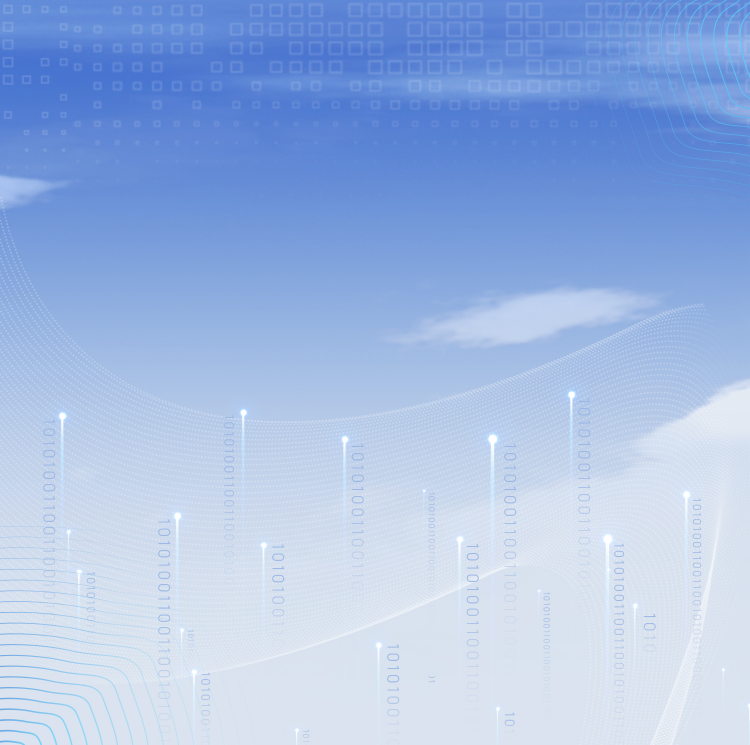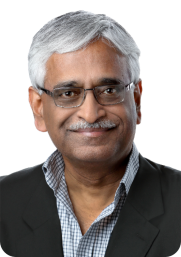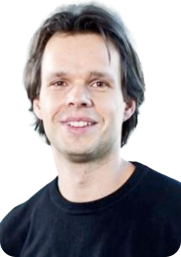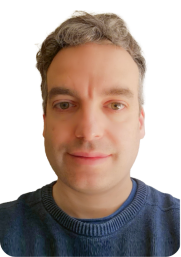




In conjunction with 49th International Conference on Very Large Data Bases(VLDB)
 Vancouver
Vancouver
 August 28, 2023
August 28, 2023
Cloud providers and database vendors are investing heavily in the development of competitive cloud database offerings, with the goal of providing optimal performance in a cost-effective way for cloud customers. The database community has already contributed significantly towards developing cloud-native OLTP and OLAP databases. Cloud computing pools an abundance of resources and offers them in a pay-as-you-go model. Due to this unique computational environment and business model, there are various research challenges that need to be addressed. These challenges require new research into resource disaggregation, serverless database services, and data movement across multiple cloud providers. Additionally, existing database research topics require re-evaluation such as:

How to manage and efficiently make use of cloud resources (CPU, memory, and network/storage I/O) to support multiple tenants with different SLA requirements.

How to automate database tuning and physical design (e.g., data compression, range partitioning scheme, buffer management policy) based on dynamic cloud workloads.

How to accurately predict resource usage of workloads to manage the cluster of database resources for different types of workloads, TP, AP, etc.

How to leverage cloud workloads and resources to design better query optimizers (cardinality estimation, cost model, plan enumeration).

How to leverage different layers of caches (local cache vs ephemeral storage pool) to accelerate queries.

How to assist customers in monitoring and optimizing cloud database performance and, when a failure happens, quickly identifying and fixing the failure.
Our workshop aims to bring together researchers and practitioners from both academia and industry to discuss these challenges as well as possible directions to tackle them. Specifically, the workshop has three objectives. Firstly, it provides a platform for researchers to present their latest research results in the area of cloud databases. Secondly, it provides an opportunity for practitioners to assess the results and provide feedback. Thirdly, and most importantly, it helps researchers and practitioners to build connections and explore potential collaboration.

Time

Topic

Speakers
07:30 - 08:30
Light Breakfast - Junior & Pavilion Foyers
-
08:30 - 09:30
Keynote 1: Modern Cloud DBMSs Vindicate Age-Old Work on Shared Disks DBMSs!
C. Mohan HKBU, THU, IBM
09:30 - 10:00
QFilter: Towards a Fine-Grained Access Control for Aggregation Query Processing over Secret Shared Data
Meghdad Mirabi Technical University of Darmstadt
Carsten Binnig TU Darmstadt
10:00 - 10:30
Coffee Break - Junior & Pavilion Foyers
-
10:30 - 11:30
Keynote 2: Towards Practical, Scalable and Private Management of Cloud Data
Amr El Abbadi UCSB
11:30 - 12:00
QuEST: Fast, Expressive, and Cheap Analytics for Distributed Traces Using Cloud Storage
Jessica Berg New York University
Muhammad Haseeb New York University
Haiming Chen New York University
Yaojia Ju New York University
Anirudh Sivaraman Kaushalram New York University
Ravi Netravali Princeton University
Srinivas Narayana Rutgers University
12:00 - 13:30
LUNCH - Junior & Pavilion Foyers
-
13:30 - 14:15
Keynote 3: Towards ML-augmented Cloud Database Systems
Carsten Binnig TU Darmstadt, Google
14:15 - 15:00
Keynote 4: Ronen Grosman Cloud Native OLTP Database – The path to true cloud native
Ronen Grosman Huawei
15:00 - 15:30
Coffee Break - Junior & Pavilion Foyers
-
15:30 - 17:00
Panel: Cloud-native Databases: Challenges and Opportunities
Host: Sanjay Krishnan
Panelist: C. Mohan, Amr El Abbadi, Carsten Binnig, Ronen Grosman

C. Mohan
Distinguished Professor of Science (Hong Kong Baptist University, China)
Distinguished Visiting Professor (Tsinghua University, China)
Retired IBM Fellow (IBM Research, USA)

Amr EI Abbadi
Professor of Computer Science (UCSB)

Carsten Binnig
Full Professor (TU Darmstadt)
Visiting Researcher (Google Systems Research Group)

Ronen Grosman
Distinguished Engineer, Chief Architect Gauss Canada Database Research Team (Huawei)
May 31st, 2023
June 30th, 2023
July 20th, 2023
August 28th, 2023
https://cmt3.research.microsoft.com/CloudDB2023
We accept both long papers (limited to 12 pages + unlimited space for references) and short papers (limited to 6 pages + unlimited space for references).
Submissions are to be formatted following the standard VLDB template available at: http://vldb.org/pvldb/vol16-formatting/
Submissions will be reviewed in a single-blind manner. Each submission must include all author names and affiliations. We will use CMT’s conflict management system. All the authors of a submission must declare their conflicts before the paper submission deadline. Papers with incorrect or incomplete CoI information as of the submission closing time will be subject to desk rejection.